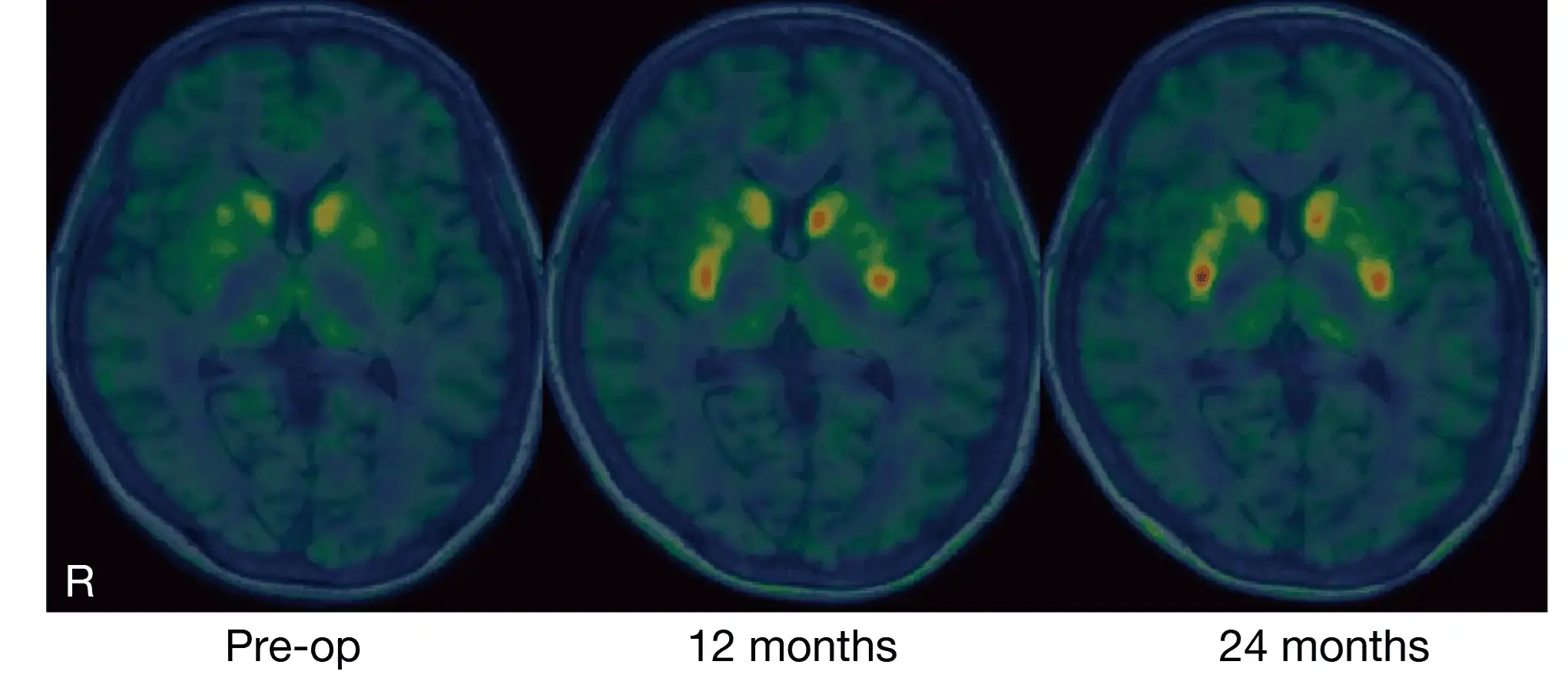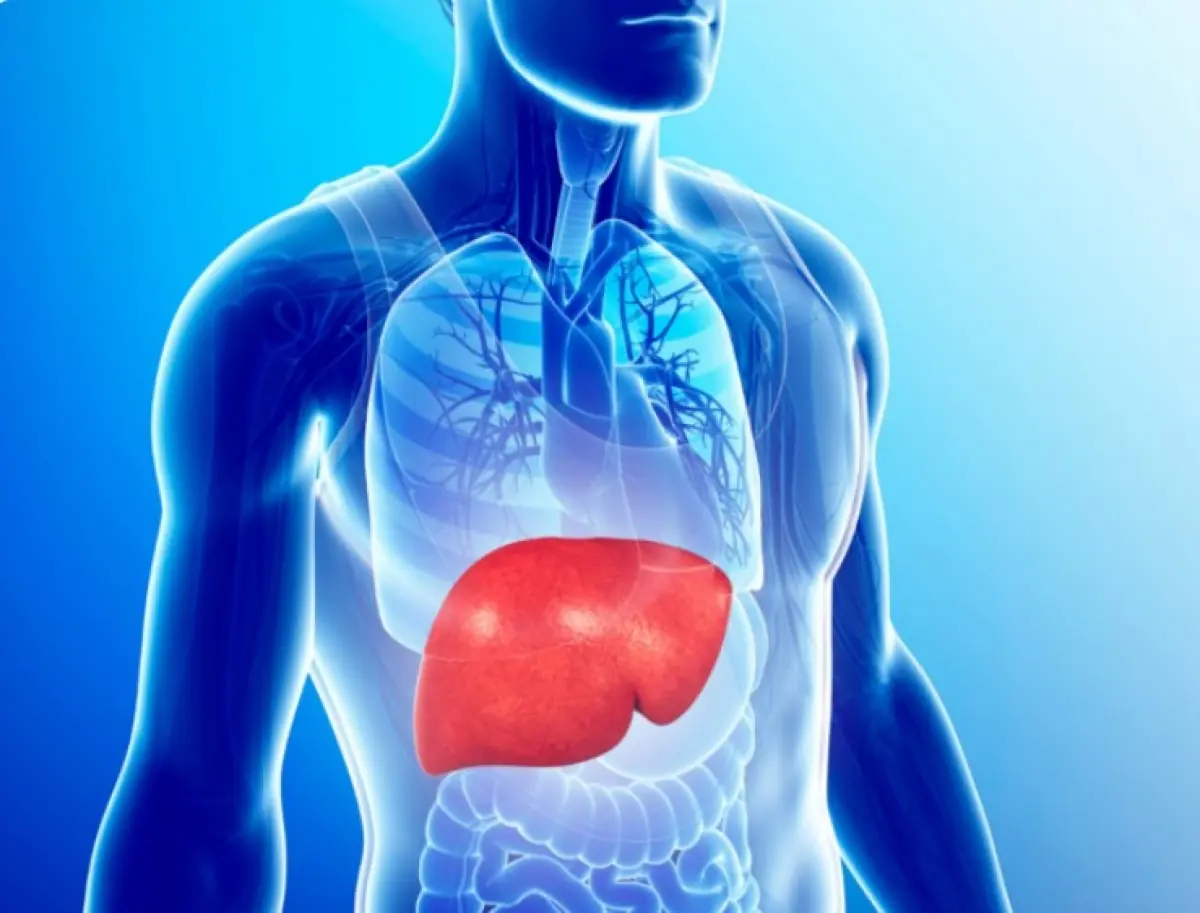
7 Early Warning Signs of Thyroid Issues You Shouldn't Ignore
The thyroid, a butterfly-shaped gland located just below the larynx, plays a crucial role in regulating metabolism and hormone production in the body. It produces two essential hormones, T3 (triiodothyronine) and T4 (thyroxine), which affect every cell and help control many bodily functions, including energy use and temperature regulation.
However, thyroid disorders, such as hypothyroidism (underactive thyroid) and hyperthyroidism (overactive thyroid), are more common than many realize. The American Thyroid Association estimates that 20 million Americans suffer from thyroid dysfunction, with up to 60% of those people unaware of their condition. Early detection is critical, as untreated thyroid dysfunction can lead to serious health problems, including weight gain, fatigue, and heart issues.
In this article, we’ll explore the 7 early warning signs of thyroid issues that you should watch out for. Identifying these symptoms early can help you get the treatment you need and prevent long-term complications.
1. Fatigue: Feeling Tired All the Time
Fatigue is one of the most common early signs of thyroid issues, particularly hypothyroidism. People with an underactive thyroid often experience overwhelming tiredness that persists even after a full night’s sleep. Unlike the typical tiredness people feel after a busy day, the fatigue caused by thyroid dysfunction is much more profound and can affect both physical and mental energy levels.
In addition to feeling physically drained, many individuals with hypothyroidism also report mental fatigue, forgetfulness, and difficulty concentrating. If you’re experiencing persistent tiredness, it’s essential to get a blood test to check your thyroid hormone levels.
2. Unexplained Weight Fluctuations
Both hypothyroidism and hyperthyroidism can lead to significant weight changes. If your thyroid is underactive, your metabolism slows down, causing you to gain weight, even if you haven’t changed your eating habits or exercise routine. On the other hand, an overactive thyroid speeds up metabolism, leading to unexplained weight loss.
If you notice sudden weight changes without making any changes to your diet or activity level, it could be a sign of thyroid dysfunction and should be checked by a healthcare provider.
3. Vision and Eye Problems
Thyroid disorders can also affect the eyes, causing vision issues such as dry eyes, blurry vision, or double vision. These symptoms are more common in individuals with hypothyroidism, especially those who have Hashimoto’s thyroiditis, an autoimmune condition that damages the thyroid.
In people with hyperthyroidism, conditions like Graves’ disease can cause Graves’ ophthalmopathy, which leads to bulging eyes, redness, and swelling. If you notice any changes in your vision or experience discomfort around your eyes, it's essential to consult with a healthcare provider for an accurate diagnosis.
4. Gastrointestinal Issues
Thyroid dysfunction can cause various digestive problems, particularly in people with hypothyroidism. An underactive thyroid can lead to constipation, bloating, and nausea. Small intestinal bacterial overgrowth (SIBO) is also common in people with hypothyroidism, resulting in symptoms like stomach pain, diarrhea, and a loss of appetite.
If you have persistent digestive issues, such as constipation or bloating, and suspect thyroid problems, it’s worth speaking to your doctor to get proper testing.
5. Sensitivity to Temperature
One of the thyroid gland's critical functions is regulating body temperature. If your thyroid is not functioning properly, it can affect how you perceive temperature:
-
People with hypothyroidism often feel cold even in warm environments. This is due to the slower metabolism and reduced heat production in the body.
-
Conversely, people with hyperthyroidism tend to feel overly warm, even in cool environments, due to the increased metabolic rate caused by excessive thyroid hormones.
If you find that your sensitivity to temperature changes significantly, it may indicate an underlying thyroid problem.
6. Changes in Skin and Hair
Thyroid hormones are essential for the health of skin and hair, and changes to these can indicate thyroid dysfunction:
-
Dry skin: People with hypothyroidism often experience dry, rough skin. A study published in the Journal of General Internal Medicine found that 74% of hypothyroid patients had dry skin as a symptom.
-
Hair thinning: Thyroid dysfunction, particularly hypothyroidism, can lead to thinning hair or hair loss. As thyroid hormones regulate hair growth, low levels of these hormones can impair the growth of new hair, causing thinning or shedding.
If you’re noticing significant changes in your skin or hair, such as dryness or thinning hair, it’s essential to check your thyroid function.
7. Difficulty Sleeping
Both hypothyroidism and hyperthyroidism can disrupt sleep patterns. People with hyperthyroidism may experience insomnia or difficulty falling asleep due to increased heart rate, anxiety, and restlessness. On the other hand, those with hypothyroidism may feel excessively sleepy and have trouble staying awake during the day, but still struggle with poor sleep quality at night.
If you’re experiencing sleep disturbances or changes in your sleep patterns, it could be linked to thyroid dysfunction, and you should consider having your thyroid checked.
When Should You See a Doctor?
If you notice any of the symptoms mentioned above—especially persistent fatigue, weight fluctuations, vision problems, or changes in skin and hair—it’s crucial to see a doctor. Endocrinologists are specialists who can diagnose thyroid disorders and recommend appropriate treatment options. Early diagnosis and treatment are essential to manage thyroid issues and avoid long-term health problems.
Your doctor will likely perform a blood test to measure your thyroid hormone levels and determine whether you have hypothyroidism or hyperthyroidism. Based on the results, your doctor will recommend a treatment plan tailored to your condition.
Conclusion: Don’t Ignore These Thyroid Symptoms
Thyroid issues can affect many aspects of your health, and the symptoms can vary widely. By recognizing the early signs of thyroid dysfunction, such as fatigue, weight fluctuations, and skin changes, you can take action and seek treatment before the condition worsens. If you notice any of these symptoms, don’t hesitate to consult with a healthcare provider or endocrinologist to get the proper diagnosis and treatment.
Credit
This article is based on information from EndocrineMDs and other reliable health sources. For more information about thyroid disorders and symptoms, visit EndocrineMDs.com or consult a qualified healthcare provider.
News in the same category


36-Year-Old Teacher Passed Away From Diabetes Doctors Say Was Triggered By Everyday Foods
Diabetes is a dangerous condition with numerous complications, and diet is a key factor.

Experts issue urgent warning about terrifying hidden symptom from taking Mounjaro and Ozempic
Experts have issued an urgent warning about a symptom that can come to light from taking drugs such as Mounjaro and Ozempic.

The Benefits of Epsom Salt Foot Soak: A Natural Remedy for Foot Pain and Health
Discover the health benefits of Epsom salt foot soaks, including pain relief, exfoliation, fungal infection treatment, and more. Learn how to safely use Epsom salt for foot health.

What Causes Blue Veins? Understanding the Reasons and When to Seek Help
Blue or green veins are common, but when should you worry? Learn the possible causes of visible veins, from genetics to lifestyle factors, and when it may indicate a medical condition.

7 Early Warning Signs of Diabetes You Shouldn’t Ignore: Act Now for Better Health
Learn about 7 early warning signs of diabetes that could be easily overlooked. Early detection can help manage diabetes, prevent complications, and improve quality of life. Read on for expert insights.

Genetic Link Between Endometriosis and Autoimmune Diseases Revealed in New Study
A new study has identified a shared genetic link between endometriosis and autoimmune conditions. Women with endometriosis are at a higher risk for diseases like rheumatoid arthritis, multiple sclerosis, and psoriasis.

People Warned to See a Doctor After Sharing Photo of Concerning Dark Line on Finger
A Reddit user received warnings to see a doctor immediately after posting an image of a dark line on their finger. Learn about melanonychia and why nail discoloration can be a serious health concern.

Breakthrough in Parkinson’s Treatment: Japanese Scientists Successfully Implant Lab-Grown Brain Cells
Japanese researchers have made a groundbreaking discovery in Parkinson’s treatment using lab-grown brain cells. Early results from the clinical trial show promising improvements in movement and dopamine production.

4 Simple Steps to Cool Your Home Faster and Save on Electricity Before Turning on the Air Conditioner

3-Blade vs. 5-Blade Fans: Which Cools Better? The Truth Behind Common Misconceptions

The Alarming Rise of Bowel C@ncer in Young Adults: Is Your Diet to Blame

United Airlines Passenger Punches Gate Agent, Kn0cking Them Out

Should You Close or Leave the Toilet Lid Open After Use? 90% of People Get It Wrong — Here's Why Your Bathroom Always Smells

4 Everyday Foods That Fuel C@ncer Cells

Fatty Liver Disease: A Silent Pathway to Liver C@ncer

The Hidden Purpose of the Pocket in Women's Underwear: More Than Just a Design Feature
In actuality, the "pocket" in women's underwear is actually a gusset, which serves a number very valid purposes.

This quick 'cup of tea' test could be a simple way to spot early signs of dementia in a loved one

A doctor has revealed a simple thumb test that can uncover a "ticking time b0mb" heart condition

Avocados are incredibly healthy, if using them incorrectly in these 3 common ways could actually have adverse effects
News Post

The Woman Who Walked Away: A Journey of Self-Discovery and Empowerment
A powerful tale of self-realization as Alina breaks free from a toxic relationship, finding strength and confidence after a painful breakup. Discover how she chooses her own path towards happiness and independence.

Silent Signals: Recognizing the Subtle Symptoms of Pancreatic C@ncer

The Earring in the Passenger Seat: A Suspicious Find Leads to a Truthful Confrontation
A woman finds a sh0cking truth after discovering a mysterious child’s drawing in her fiancé’s car. Suspicion, betrayal, and secrets unravel as she confronts him, ultimately deciding the fate of their relationship.

Am I Wrong for Not Laughing at My Fiancé's "Jokes" About Calling Off Our Wedding?
A bride-to-be is questioning her relationship after her fiancé repeatedly jokes about calling off their wedding. What happens when humor crosses the line into hurtful behavior?

36-Year-Old Teacher Passed Away From Diabetes Doctors Say Was Triggered By Everyday Foods
Diabetes is a dangerous condition with numerous complications, and diet is a key factor.

Experts issue urgent warning about terrifying hidden symptom from taking Mounjaro and Ozempic
Experts have issued an urgent warning about a symptom that can come to light from taking drugs such as Mounjaro and Ozempic.

The Benefits of Epsom Salt Foot Soak: A Natural Remedy for Foot Pain and Health
Discover the health benefits of Epsom salt foot soaks, including pain relief, exfoliation, fungal infection treatment, and more. Learn how to safely use Epsom salt for foot health.

What Causes Blue Veins? Understanding the Reasons and When to Seek Help
Blue or green veins are common, but when should you worry? Learn the possible causes of visible veins, from genetics to lifestyle factors, and when it may indicate a medical condition.

DIY Rice Cream for Radiant, Youthful Skin: The Japanese Secret to Erasing Wrinkles & Fine Line
With its powerful combination of rice, almond oil, and vitamin-rich ingredients, this rice cream provides nourishment, hydration, and antioxidant protection to your skin.

7 Early Warning Signs of Diabetes You Shouldn’t Ignore: Act Now for Better Health
Learn about 7 early warning signs of diabetes that could be easily overlooked. Early detection can help manage diabetes, prevent complications, and improve quality of life. Read on for expert insights.

5 Homemade Skin Toners for Smooth, Glowing Skin: Natural Remedies for Every Skin Type
By incorporating these toners into your daily routine, you can expect healthier, brighter, and more balanced skin without the use of harsh chemicals.

Genetic Link Between Endometriosis and Autoimmune Diseases Revealed in New Study
A new study has identified a shared genetic link between endometriosis and autoimmune conditions. Women with endometriosis are at a higher risk for diseases like rheumatoid arthritis, multiple sclerosis, and psoriasis.

Roasted Onion Peel and Garlic Peel Remedies for Grey Hair: Natural Solutions for Dark, Vibrant Hair
. Roasted onion peel and garlic peel offer effective, safe, and natural alternatives that can help you combat grey hair and restore youthful vitality.

People Warned to See a Doctor After Sharing Photo of Concerning Dark Line on Finger
A Reddit user received warnings to see a doctor immediately after posting an image of a dark line on their finger. Learn about melanonychia and why nail discoloration can be a serious health concern.

Breakthrough in Parkinson’s Treatment: Japanese Scientists Successfully Implant Lab-Grown Brain Cells
Japanese researchers have made a groundbreaking discovery in Parkinson’s treatment using lab-grown brain cells. Early results from the clinical trial show promising improvements in movement and dopamine production.

4 Simple Steps to Cool Your Home Faster and Save on Electricity Before Turning on the Air Conditioner

Effective Cumin Seed Detox Tonic for Belly Fat Reduction: Your Ultimate Guide to a Flatter Midsection
The cumin seed detox tonic is a natural, easy-to-make remedy that can help accelerate belly fat loss, improve digestion, and enhance overall health.

3-Blade vs. 5-Blade Fans: Which Cools Better? The Truth Behind Common Misconceptions

The Alarming Rise of Bowel C@ncer in Young Adults: Is Your Diet to Blame
